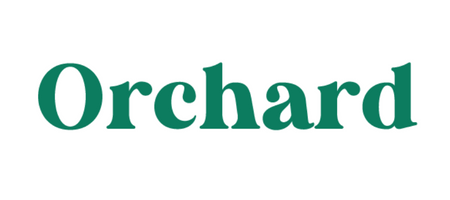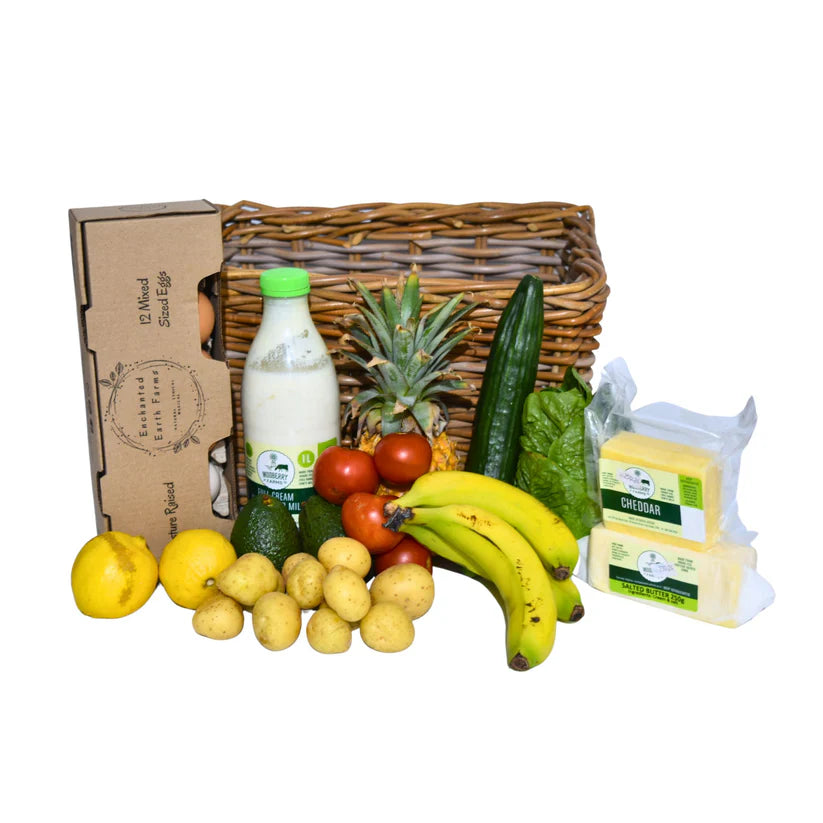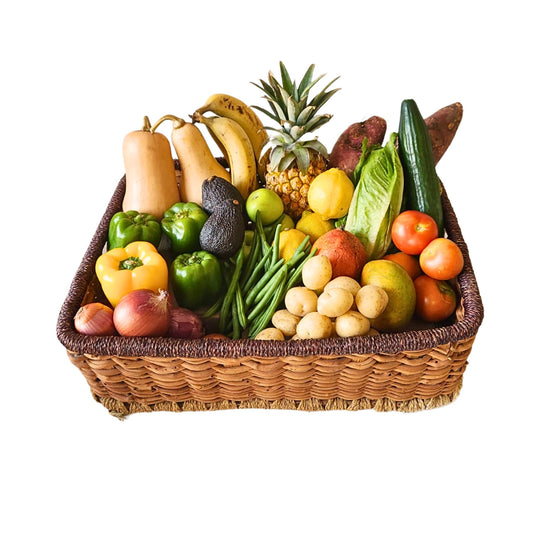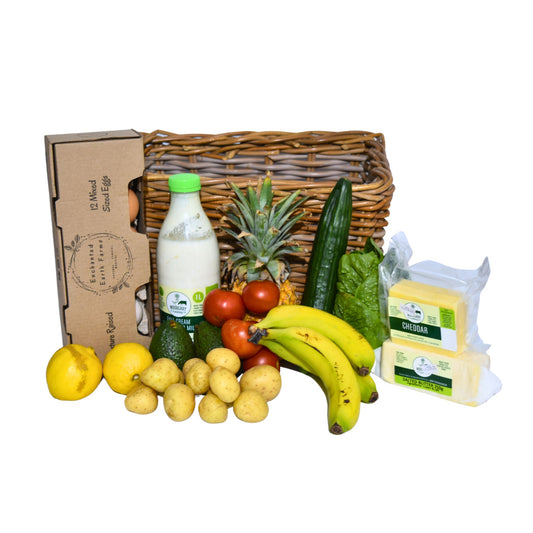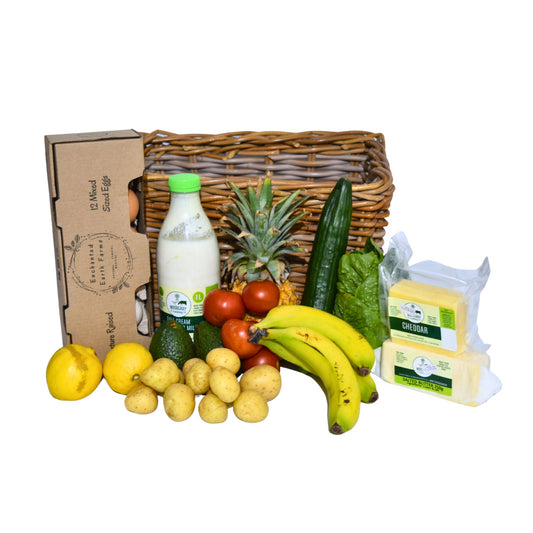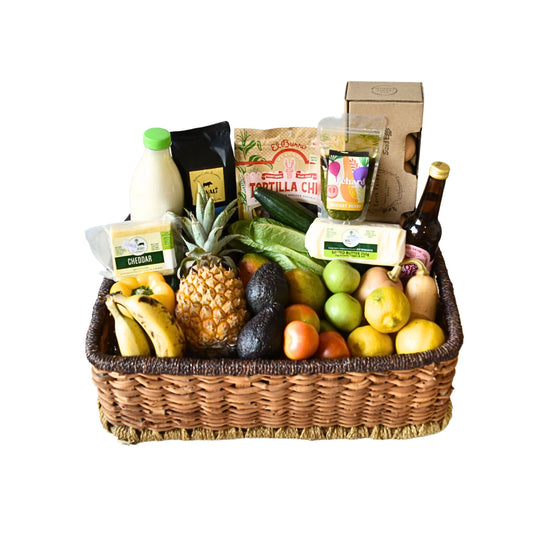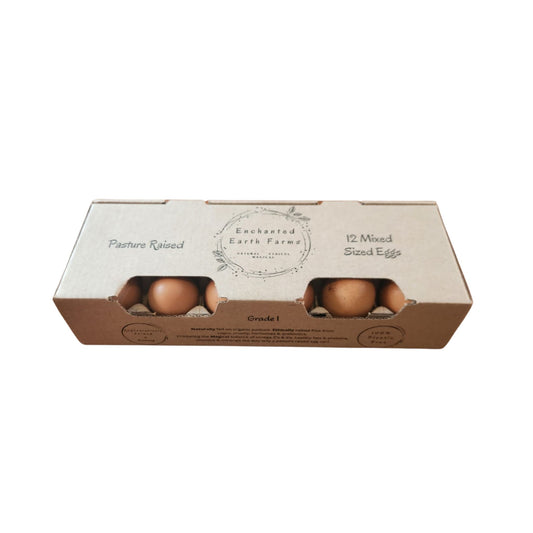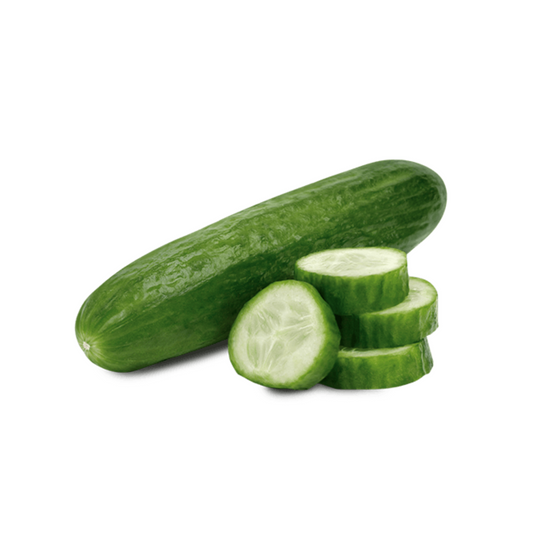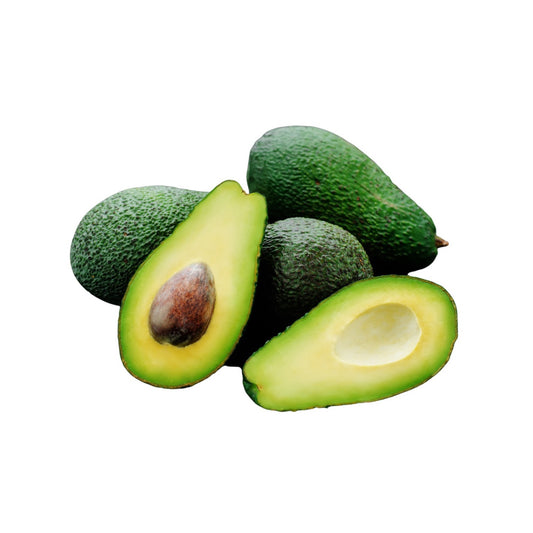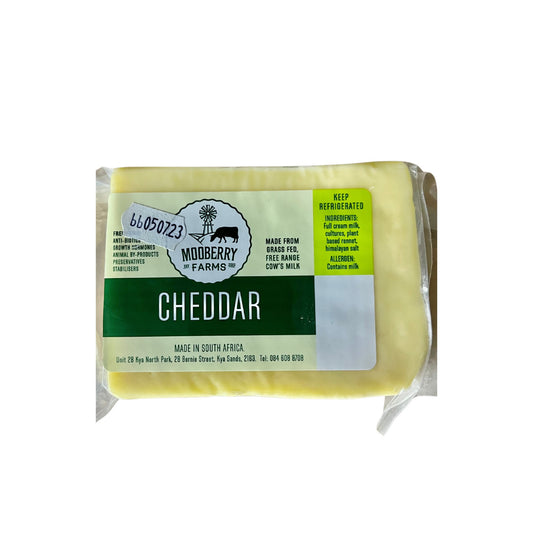Article Summary:
- Many puppies are lactose intolerant, which can lead to digestive issues such as diarrhea, bloating, and gas when consuming fresh milk.
- Instead of fresh milk, puppy owners can consider alternatives like puppy milk replacers, plain yogurt, or coconut milk that are easier for puppies to digest.
- Consulting with a veterinarian is essential for determining the best dietary options for puppies, ensuring they receive proper nutrition without adverse effects from dairy products.
When it comes to caring for puppies, understanding their dietary needs is crucial for their growth and development. One common question among new puppy owners is whether puppies can drink fresh milk. While milk is often associated with nurturing and comfort, the reality is that not all puppies can digest it properly. Puppies have specific nutritional requirements, and their ability to process certain foods, including milk, can vary significantly. This article will explore the implications of giving fresh milk to puppies, including its nutritional value, potential benefits, and risks. By gaining a better understanding of puppy nutrition, you can make informed decisions that promote the health and well-being of your furry friend.
Understanding puppy nutrition
Understanding puppy nutrition is essential for ensuring the healthy growth and development of your new furry companion. Puppies have unique dietary needs that differ significantly from adult dogs, as they require a balanced diet rich in essential nutrients to support their rapid growth, energy levels, and overall health. A proper diet for puppies typically includes high-quality protein, fats, carbohydrates, vitamins, and minerals.

Shop 1l Raw Double Thick Yogurt at Orchard Food
Protein is a crucial component of a puppy's diet, as it supports muscle development and tissue growth. High-quality sources of protein, such as chicken, beef, fish, and eggs, should be included in their food to provide the necessary amino acids. Fat is another important nutrient that provides energy and supports healthy skin and coat. Essential fatty acids, particularly omega-3 and omega-6, play a vital role in brain development and immune function.
Carbohydrates are also important for puppies, as they provide a quick source of energy. However, it’s essential to choose easily digestible carbohydrates like rice or sweet potatoes rather than fillers that may not offer nutritional value. Additionally, vitamins and minerals are critical for various bodily functions, including bone development and immune support. A well-balanced puppy food will typically include the necessary vitamins and minerals to meet these needs.
When selecting food for your puppy, it’s crucial to choose a formula specifically designed for puppies rather than adult dog food. Puppy food is formulated with higher levels of protein and fat to support their growth requirements. It’s also important to consider the size of the breed when choosing puppy food; large breed puppies have different nutritional needs compared to small breed puppies due to their growth rates and potential health issues.
While some owners may consider supplementing their puppy's diet with fresh foods or treats like fruits and vegetables, it’s vital to ensure these additions are safe and appropriate for puppies. Certain human foods can be harmful or toxic to dogs, so always research before introducing new items into their diet.
The effects of milk on puppies
The effects of milk on puppies can vary significantly depending on the individual dog's ability to digest lactose. While puppies are naturally equipped to consume their mother's milk during the early stages of life, many dogs lose the ability to properly digest lactose as they grow older. This is due to a decrease in lactase, the enzyme responsible for breaking down lactose, which can lead to digestive issues if milk is introduced into their diet.
For some puppies, consuming fresh milk can lead to gastrointestinal upset, including symptoms such as diarrhea, bloating, and gas. These reactions occur because undigested lactose ferments in the intestines, causing discomfort and digestive disturbances. Puppies that are lactose intolerant may experience these symptoms even after consuming small amounts of milk, making it essential for owners to monitor their puppy's response if they choose to offer milk.
On the other hand, some puppies may tolerate small amounts of fresh milk without any adverse effects. In such cases, milk can provide a source of hydration and a small amount of nutrients. However, it should not be a primary source of nutrition or hydration. The nutritional needs of puppies are best met through specially formulated puppy food that provides the right balance of proteins, fats, and carbohydrates.
It's also important to note that while some dog owners may consider offering milk as a treat or reward, it should be done sparingly and with caution. If you decide to give your puppy milk, start with a very small quantity and observe for any signs of discomfort or digestive upset. If any negative symptoms arise, it is advisable to discontinue giving milk altogether.
In summary, while some puppies may enjoy fresh milk and tolerate it well, many can experience adverse effects due to lactose intolerance. Understanding your puppy's individual tolerance levels and prioritizing a balanced diet specifically designed for their nutritional needs is crucial for promoting their health and well-being. Always consult with your veterinarian if you have concerns about your puppy's diet or if you are considering introducing new foods like milk into their meals.
Alternatives to fresh milk for puppies
When considering alternatives to fresh milk for puppies, it's important to focus on options that provide essential nutrients without the risks associated with lactose intolerance. One of the best alternatives is specially formulated puppy milk replacers, which are designed to mimic the nutritional profile of a mother dog's milk. These products are typically lactose-free and contain the right balance of proteins, fats, vitamins, and minerals necessary for healthy growth and development.
Another option is plain, unsweetened yogurt. Many dogs can tolerate small amounts of yogurt, as it contains probiotics that can aid digestion. Look for yogurt that is free from artificial sweeteners, especially xylitol, which is toxic to dogs. Yogurt can be served as a treat or mixed into their food to enhance flavor and provide beneficial nutrients.
Coconut milk is also a popular alternative that some dog owners choose to offer. It is lactose-free and contains healthy fats that can provide energy. However, it should be given in moderation due to its high-fat content, which can lead to digestive upset if consumed in large quantities.
Bone broth is another nutritious option that can be beneficial for puppies. Rich in minerals and nutrients, bone broth can help support joint health and hydration. It can be served on its own or poured over dry kibble to enhance flavor and encourage hydration.
For hydration purposes, fresh water should always be the primary source of liquid for puppies. Ensuring that your puppy has access to clean, fresh water at all times is crucial for their overall health and well-being.
Signs of lactose intolerance in puppies
Signs of lactose intolerance in puppies can manifest in various ways, often appearing shortly after they consume dairy products such as fresh milk or cheese. One of the most common indicators is gastrointestinal distress, which may include symptoms like diarrhea, bloating, gas, and abdominal discomfort. If a puppy experiences diarrhea after consuming milk, it may indicate that their body is unable to properly digest lactose, leading to undigested sugars fermenting in the intestines.

Shop 1kg Organic Sweet Potatoes at Orchard Food
In addition to diarrhea, puppies may exhibit signs of discomfort such as whining, pacing, or seeking a quiet place to rest. This behavior can be a response to the abdominal pain or cramping that often accompanies digestive upset. Some puppies might also show changes in appetite; they may refuse to eat or drink due to nausea or discomfort caused by lactose intolerance.
Another sign to watch for is excessive flatulence. If you notice your puppy passing gas more frequently than usual after consuming dairy products, it could be a signal that they are struggling to digest lactose properly. Additionally, some puppies may vomit after consuming milk, which can further indicate an intolerance.
It's important for pet owners to monitor their puppies closely after introducing any dairy products into their diet. If you suspect that your puppy is lactose intolerant due to these signs, it is advisable to eliminate dairy from their diet and consult with a veterinarian for further guidance. They can provide recommendations on suitable dietary alternatives and help ensure your puppy receives the necessary nutrients without the risk of digestive issues.
Consulting your veterinarian about puppy diets
Consulting your veterinarian about puppy diets is a crucial step in ensuring that your new furry friend receives the proper nutrition needed for healthy growth and development. Veterinarians are equipped with the knowledge and expertise to guide you in selecting the best food options tailored to your puppy's specific needs, taking into account factors such as breed, age, weight, and any underlying health conditions.
During your consultation, your veterinarian can help you understand the nutritional requirements for puppies, which differ significantly from those of adult dogs. They can recommend high-quality puppy food that contains the right balance of proteins, fats, carbohydrates, vitamins, and minerals necessary for optimal growth. Additionally, they can provide insights on portion sizes and feeding schedules to help establish a routine that supports healthy eating habits.
If you have concerns about introducing new foods or treats into your puppy's diet, your veterinarian can offer advice on safe options and potential allergens to avoid. They can also address any specific dietary restrictions or sensitivities your puppy may have, such as lactose intolerance or allergies to certain ingredients. This personalized guidance ensures that you are making informed choices that align with your puppy's health needs.
Regular check-ups with your veterinarian are also important for monitoring your puppy's growth and development. During these visits, your vet can assess your puppy's weight and overall health, making dietary adjustments as necessary to prevent obesity or nutritional deficiencies. They can also provide valuable information on transitioning from puppy food to adult dog food as your pet matures.
In summary, consulting your veterinarian about puppy diets is essential for providing the best possible nutrition for your growing dog. Their expertise can help you choose appropriate food options, establish feeding routines, address dietary concerns, and monitor your puppy's health throughout their development. By working closely with your veterinarian, you can ensure that your puppy receives the balanced diet they need for a happy and healthy life.
